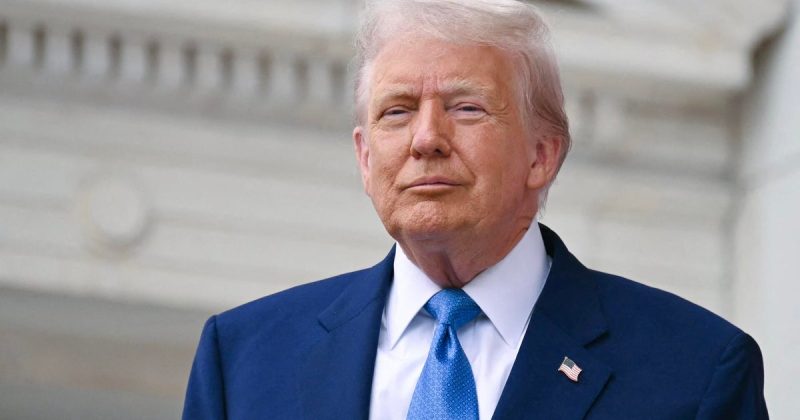
In a decision that has sent shockwaves through immigrant communities, the Supreme Court has declined to block the Trump administration’s termination of Temporary Protected Status (TPS) for hundreds of thousands of individuals from Cuba, Nicaragua, Haiti, and Venezuela. This means that the program, which offered a reprieve from deportation for those fleeing dire circumstances in their home countries, will officially end, leaving the future of approximately 500,000 people uncertain.
The ruling effectively allows the administration’s decision to proceed, despite ongoing legal challenges. These challenges argued that the termination of TPS was arbitrary and capricious, and that it would inflict undue hardship on those who have built lives and communities in the United States, often for many years. The Supreme Court’s refusal to intervene leaves these arguments unresolved, at least for now.
The impact of this decision is expected to be significant. Many of those affected by the termination of TPS have established families, businesses, and deep roots in their American communities. The prospect of deportation presents immense challenges, ranging from the logistical difficulties of relocating to the emotional toll of uprooting their lives and separating from loved ones. Advocacy groups are already expressing deep concern and vowing to continue fighting for the rights of those affected.
The ruling also raises broader questions about the future of TPS and the treatment of immigrants in the United States. The program, designed to offer temporary protection to individuals from countries experiencing natural disasters or armed conflict, has been a source of ongoing political debate. This Supreme Court decision adds another layer of complexity to this already highly charged issue, leaving the fate of these hundreds of thousands of individuals hanging in the balance. The coming months and years will undoubtedly see continued legal battles and intense political discussion surrounding the implications of this ruling.










